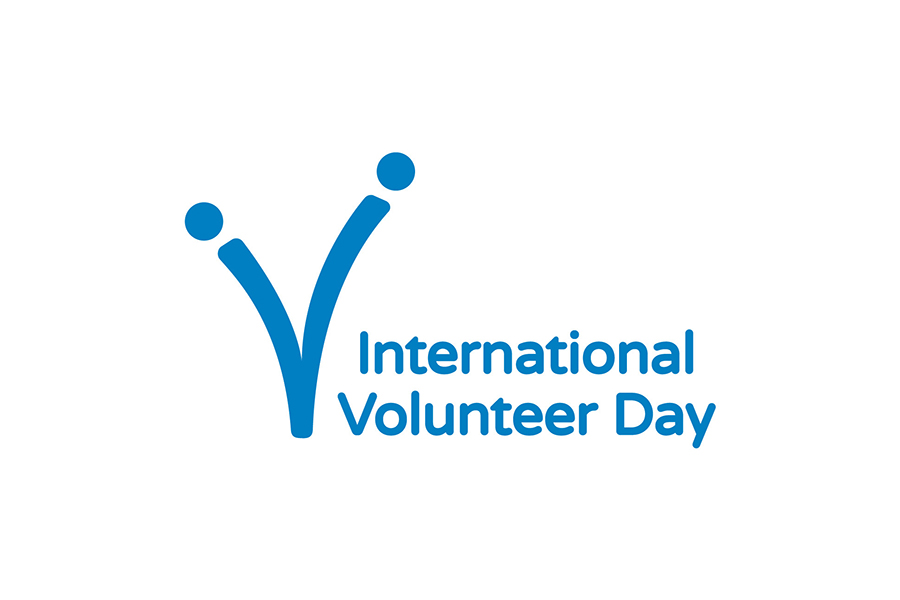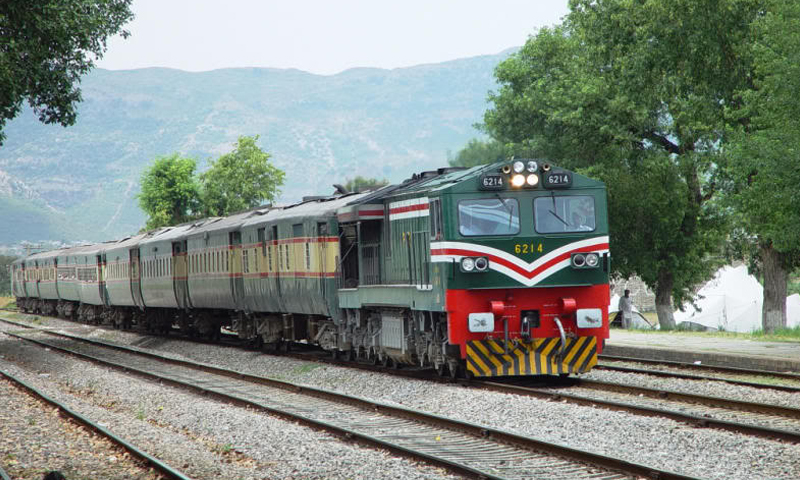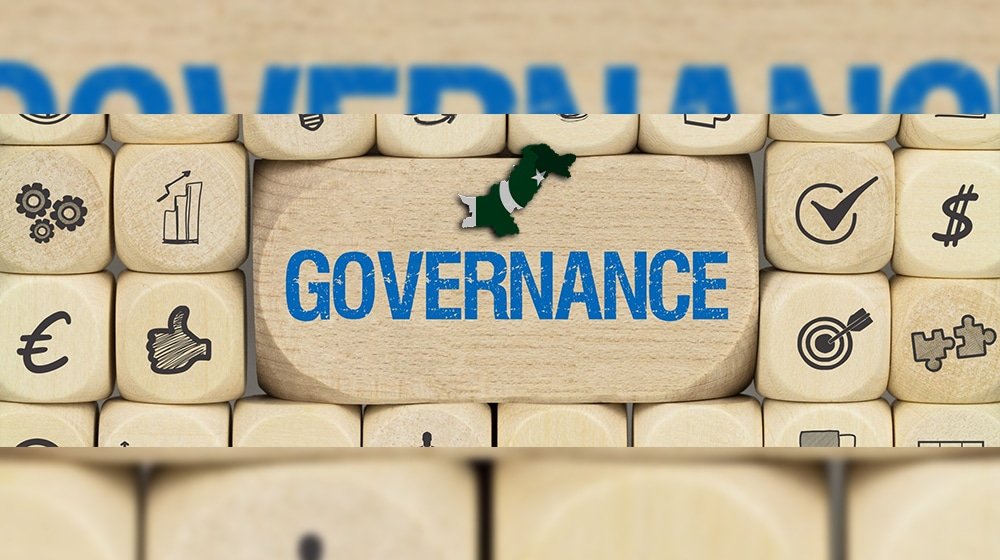EDITORIAL
International Volunteer Day (IVD) 2022 celebrates the theme of solidarity through volunteering and our responsibilities.
Many people all over the world face different challenges and problems. These issues include climate-related disasters, diseases, poverty, and other problems that present significant roadblocks to peace and prosperity. Therefore, volunteerism has played a prominent role throughout history. Volunteerism contributes free labor to conduct community service or support a nonprofit organization. It is the principle of donating time and energy towards a more significant cause. Volunteers help change the lives of those in their community as a social responsibility rather than receiving a financial reward.
Volunteering is important because it enables people to help and serve others selflessly. When individuals take the initiative to help people in the community and support philanthropic causes, it can improve the community as a whole by creating tighter bonds and forming lasting relationships. Plus, nonprofit organizations can utilize these groups of passionate volunteers to help achieve goals in making the world a better and safer place.
There are many different types and forms of volunteerism, and anyone can be a volunteer. That’s one of the best things about volunteering; there are various ways for individuals to make an impact according to their interests and skills. The types include:
- Corporate volunteering.
- Volunteering to work with animals.
- Volunteer for a community project.
- Sports volunteering.
- Volunteering in hospitals.
- Green volunteering.
- Students volunteering
- Community volunteering
- Virtual volunteering
- Event volunteering
- Emergency relief volunteering
The United Nations is leading the initiative of volunteering. Volunteering is a human virtue and an asset of collective life. This campaign highlights the power of our collective humanity to drive positive change through volunteerism. Rising inequalities worldwide implore that we must work together to find standard solutions. Volunteers, drawn together by solidarity, develop solutions to urgent development challenges and for the common good.
Volunteering is where compassion meets solidarity. Both share the same root values – supporting each other with trust, humility, respect and equality—volunteer around the globe to celebrate the spirit of volunteerism. We are proud of all volunteers who are role models in their communities by working together in solidarity and personifying inspiration in action.
International Volunteer Day is a chance for individual volunteers, communities and organizations to promote their contributions to development at the local, national and international levels. By combining UN support with a grassroots mandate, International Volunteer Day is a unique opportunity for people and volunteer-involving organizations to work with government agencies, nonprofit institutions, community groups, academia and the private sector.
The International Volunteer Day for Economic and Social Development was adopted by the United Nations General Assembly through Resolution A/RES/40/212 on 17 December 1985. Since then, governments, the UN system and civil society organizations have successfully joined volunteers worldwide to celebrate the Day on 5 December.
Through the years, International Volunteer Day has been used strategically: many countries have focused on volunteers’ contributions to achieving the Millennium Development Goals, a set of time-bound targets to combat poverty, hunger, disease, illiteracy, environmental degradation and discrimination against women.
The organization of International Volunteer Day is generally the result of a partnership between the UN system, governments, volunteer-involving organizations and committed individuals. Representatives from the media or academia, foundations, the private sector, faith groups, and sports and recreational organizations are often involved too.
Volunteerism is one of the most vital delivery mechanisms for social, environmental and economic transformation, ensuring a lasting impact with its ability to change people’s mindsets, attitudes and behaviours. People become actors of change and equal partners in attaining local, national and international progress towards sustainable human development and global peace. The United Nations Volunteers (UNV) programme recognizes the universal values underpinning volunteerism – free will, commitment, equity, engagement, solidarity, compassion, empathy and respect for others.
The State of the World’s Volunteerism Report (SWVR) is a flagship United Nations publication that strengthens understanding of volunteerism and shows its universality, scope and reaches in the twenty-first century. Produced every three years, the SWVR examines the contribution of volunteerism to peace and development based on a specific theme. The latest edition of the SWVR report, titled Building Equal and Inclusive Societies, shows how volunteers and state authorities interact, collaborate, and partner are vital for achieving the 2030 Agenda for Sustainable Development and the Sustainable Development Goals.
What are the key findings of the 2022 State of the World’s Volunteerism Report?
- Volunteerism can promote a culture of collaborative decision-making. Volunteers contribute to shaping and prioritizing issues that are important to them by working collaboratively with state authorities.
- Volunteerism can alter unequal power relations. Volunteers have the capacity to reconfigure unequal power relations between ordinary citizens and state authorities through collaboration with state authorities.
- Volunteerism offers diverse pathways to civic participation but remains unequal. Volunteers have diverse causes to engage in and use various channels for and approaches to volunteering.
- Volunteers build bridges. Volunteers are often in the unique position of brokering relationships between service providers and beneficiaries.
Why is Volunteerism Important?
Volunteers offer crucial support during times of crisis and times of peace. Specific organizations, like many nonprofits, would only be able to remain in operation with the help of volunteers. Plus, volunteer time is precious — the estimated value of each volunteer hour contributed in the United States is $28.54!
Volunteerism doesn’t just offer benefits to nonprofits and other community organizations. It also benefits the volunteers themselves. Volunteering is linked to improved mental and physical health outcomes. It can also provide additional benefits, like strengthening communities after a crisis. Volunteering after an emergency can help bring the community together and lend a helping hand to those who need it most. It can help build a stronger, more resilient community in the long run. Volunteering allows participants to gain new skills and knowledge in areas that interest them most. They can network with new people and practice essential skills that can be helpful in the workplace. Volunteers can develop leadership skills, project planning, and task management. Plus, volunteer positions look great on volunteers’ resumes and will help them prepare for future opportunities.
https://republicpolicy.com/explaining-article-3-of-the-constitution-who-will-eliminate-exploitation/
Volunteer work can create opportunities to unite like-minded people and learn from those from different walks of life. It is an excellent way to expand your volunteers’ understanding of others who come from diverse backgrounds. It also helps you, as a volunteer manager, to learn along the way! Offering an effective volunteer program where your volunteers are motivated, happy, and engaged can help boost donations and get volunteers more involved in your nonprofit’s mission. When volunteers have a great experience, they’ll be much more likely to contribute monetary donations alongside the gift of their time and energy.
There is no scarcity of volunteerism in Pakistan. The religion and the ethical codes of communal life instil the spirit of volunteerism in society. Islam prefers a collective life over individual life. Therefore, volunteerism is the conscience of the community. There is the exuberant culture of volunteerism, which extends to social, religious, economic and community welfare volunteerism. The tall personality of Eidhi manifests the sublimity of volunteerism in Pakistan. The social work of the former prime minister of Pakistan, Imran khan, Agha khan and many more reflect the spirit of volunteerism in Pakistan. The nation has faced many challenges, and the volunteer contributions of the Pakistanis are significant.
Lastly, most of the volunteer work in Pakistan needs to be more organized and disarrayed. It is individual specific than community. The organization of volunteer work is critical for the benefit of society. There is a dire need to legislate on the subject and provide the appropriate administrative structures to revamp the work. Public and private partnerships are essential for the cause of volunteerism. The public sector must organize facilitation for the private sector. Digital, scientific, database, and intelligent volunteerism organizations are crucial for objectives. Then, the spirit of volunteerism is the supreme motif behind social work and volunteerism. It is a sacred trust, and every human must practice volunteerism for the cause of humanity.
For more read; https://www.un.org/en/observances/volunteer-day














